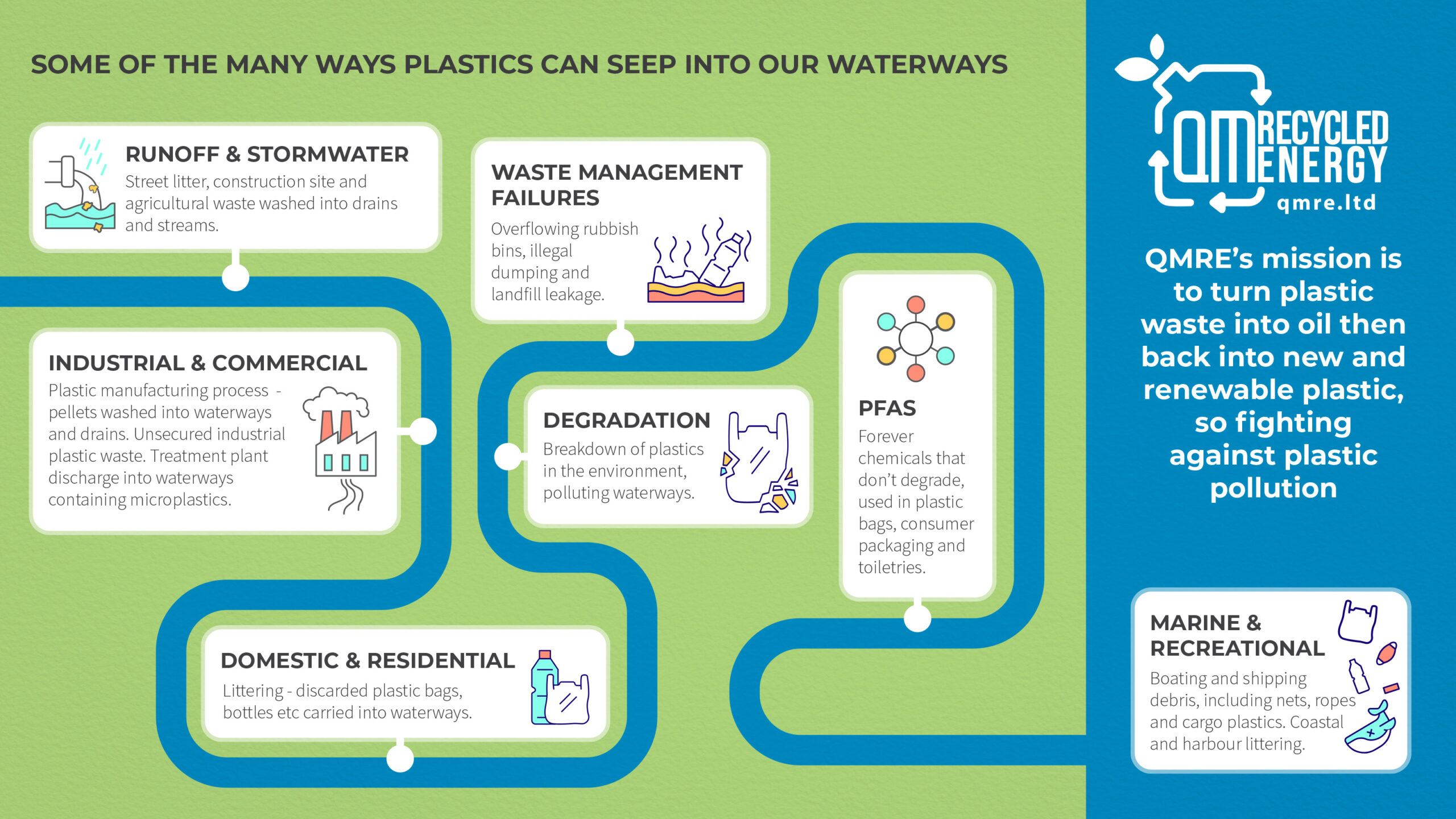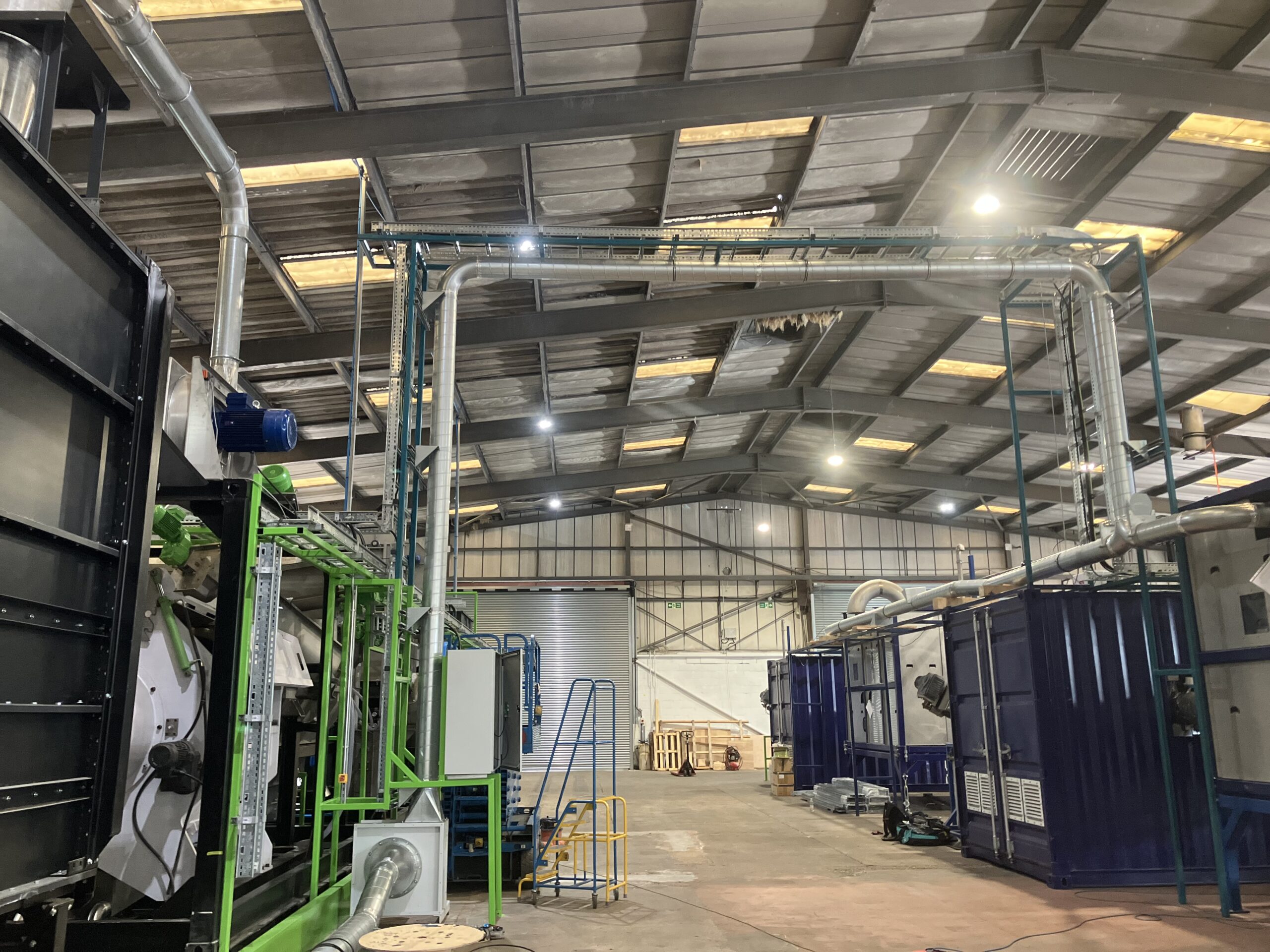QMRE is well known for its efforts in fighting against the tide of plastic waste pollution. But that term ‘tide’ is particularly appropriate given the seriously damaging effects of plastic waste in waterways leading to the seas and oceans.
Lost and abandoned fishing gear such as nets, lines, pots and traps – so called ‘ghost gear’ affects the UK as much as anywhere.
“The UK’s waters do not exist in a vacuum as oceans have no borders. The world’s governments must take action to protect our global oceans and hold the under-regulated fishing industry to account for its dangerous waste.” (Source: Louisa Casson, an oceans campaigner at Greenpeace UK.)
Fishing gear is estimated to make up to 20% of all litter found in our seas. In Wales, for example, fishing lines and ropes were the third most commonly found item in the recent Great British Beach Clean survey. Fishing gear accounted for 14% of litter found on Wales’s beaches.
Quite apart from the environmental damage caused by plastic waste there can be a substantial economic cost to the fishing industry – for example, disposal fees of around £120/tn (incinerator) or £180/tn (landfill).
The accompanying graphic shows just some of the ways in which our waterways – and ultimately the seas and oceans – can be contaminated by waste. This graphic is part of an educational tool being sent out initially to schools in Kent (where QMRE is based) to help educate young people about the dangers of plastic waste pollution to our waterways.
QMRE’s plastic waste-2-oil VIXLA systems, which with further processing turns the oil back into new and renewable plastic, is a powerful start in the fight against plastic waste pollution and a great contribution to helping clear our waterways.
Caption: QMRE’s pretreatment and VIXLA systems in their 25,000 sq. ft. factory in Hoo, Rochester, Kent


